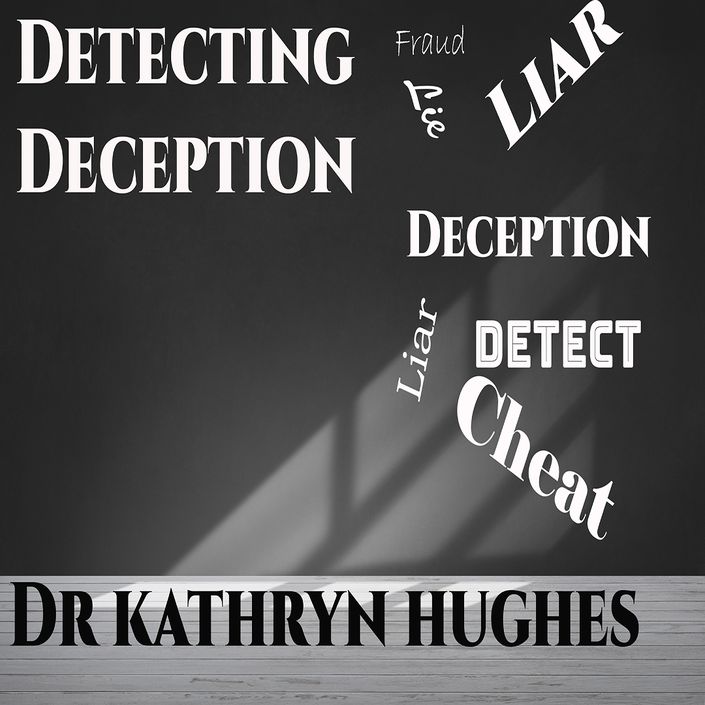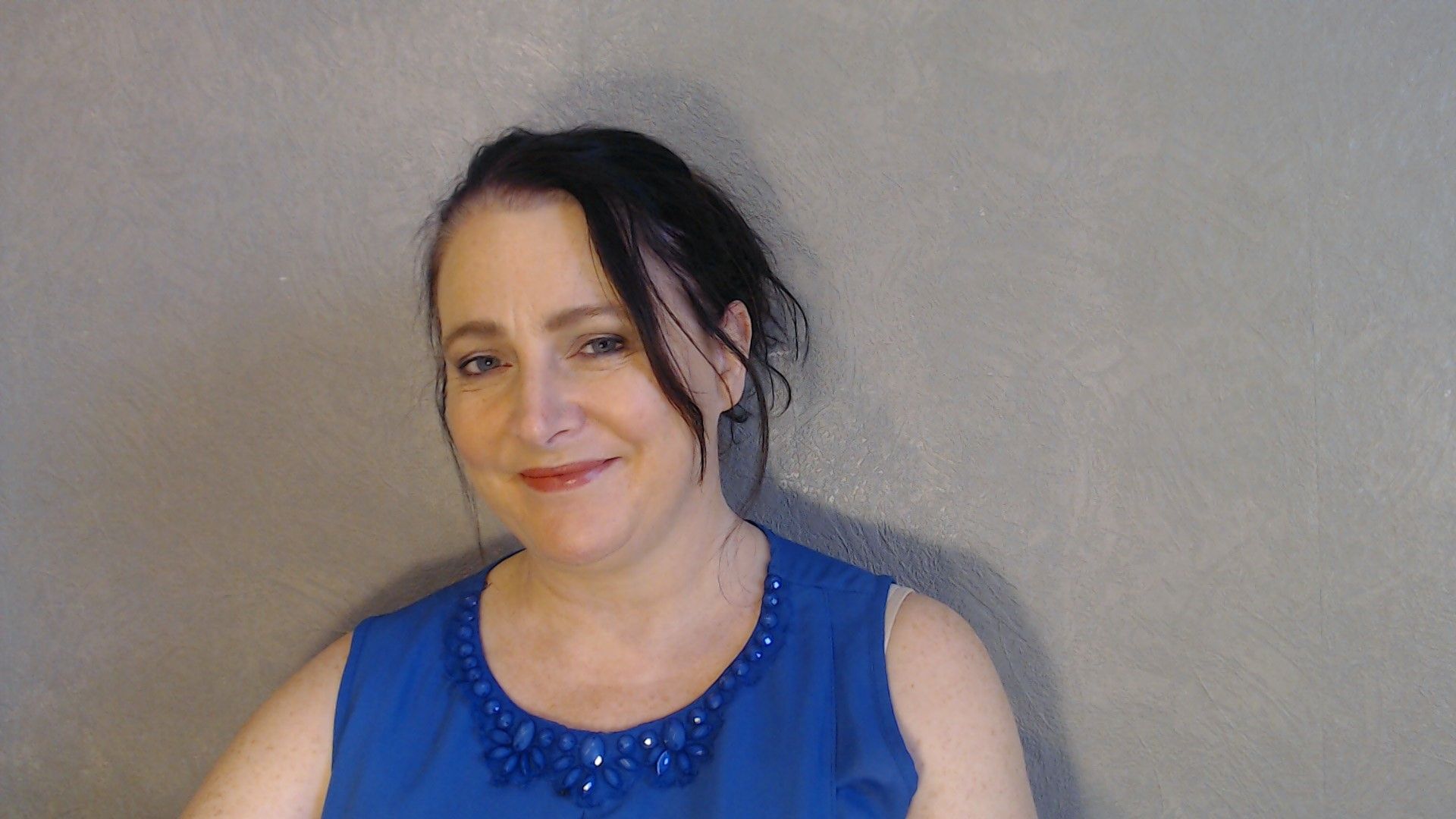
Detecting deception
How to spot a liar
Could you be an expert in detecting deception? Immerse yourself in the world of understanding the signs of deception and truth telling. This online course gives you a comprehensive overview of the psychology of lying and detecting deception.
You will:
- Understand why people lie.
- Understand the different myths of how liars behave.
- How to analyse people and look for signs they are lying or telling the truth.
- Critical understanding of the various techniques we can use to draw out lies and truths.
- Put your skills to the test with real life footage of liars and truth tellers.
What’s included?
The first section discusses some of the reasons why people lie. You might be surprised at just how often during the day you can be lied to. Believe it or not, we want to be lied to sometimes. In this section, I discuss the differences between white lies and huge whopping lies as well as the various classifications of motives for lying. Sometimes we lie to get things and sometimes we lie to protect ourselves or someone else.
In the second section, we talk about how good or bad various groups of people are at spotting liars. Some people think they are good at it and others think they are terrible at it. We tend to assume groups such as the police are better at spotting liars than everyone else. The group of people who are good at spotting liars might just surprise you.
The third section discusses some of the myths that we believe about liars. There are lots of really popular myths that are believed by many people about liars such as they can’t look you in the eye or they look up to the left or right. You will learn what to look out for and what not to look out for when detecting deception.
The fourth section talks about the way we interact and process information. We have such a lot of information coming in when we talk to people that it would be difficult to process it all. Therefore, we have developed a series of shortcuts to help to filter out certain kinds of information. Sometimes this can help to understand people more easily or pay attention to the most relevant or unusual factors. However, sometimes these shortcuts mean that liars are more likely to get away with telling a lie.
The fourth and fifth sections discuss how much relevant information we can get from verbal or non-verbal cues and how we can interview people to get the truth. The police use interview methods developed by psychologists to ensure they get accurate information from suspects, victims, and eyewitnesses. These interview techniques can draw out liars more easily.
The sixth section is the all-important one - How to spot a liar. This section covers everything you will need to know about how liars behave. It is also quite important to understand how truth-tellers behave.
The final section allows you to test out your new skills by watching TV appeals and interviews by truth-teller or liars. Using your new knowledge, you will have to decide which clips people are lying in.
Your Instructor

I have always been fascinated by crime and criminal behaviour. I would watch fictional TV programs and real crime documentaries and often wonder if it was actually possible to get into the mind of the offender. Actually, I thought I could do it myself because I had watched that many programs! My favourite film was Silence of the Lambs and my favourite TV series were Cracker and CSI. I would watch many experts give psychological profiles of famous criminals and would have so many questions. I wanted to know, what drives people to commit crimes and how are these people different from the rest of us?
I have always had a passion for learning and decided to become a student later in life. I went to college and university to learn about the psychology of offending. I was a little bit disappointed to learn that you couldn’t deduce everything about an offender by examining the crime scene, but the reality was so much better.
I was lucky enough to work alongside one of the world leaders in criminal psychology, Professor David Canter. As soon as I started university I was determined to get involved in his work. I worked as an intern and research assistant for Professor Canter and it was very much sink or swim – fortunately I stayed afloat.
One of my first assignments was to go out and interview members of the general public. This led to me doing interviews with prisoners in North West England. That was like a dream come true. I got to interview murderers, gang members, fraudsters, and many more about their crimes. I’m sure at one point I asked to be referred to as Clarice! I was surprised by how nice the majority of prisoners seemed to be.
I decided to set up CrimePsych to share my knowledge and experience in the psychology of offending. I want to share my passion for learning with others and encourage people to ask questions and seek out answers. For every crime there is a victim, therefore it is against my moral values to glorify or dramatize offending in any way. Everything I do is based on fact and research and is aimed at improving understanding.
The mission of CrimePsych is to enhance the understanding of the Psychology of Offending. It does so by providing online courses and live events where people from any background can learn the motivations, justifications and underlying behavioural characteristics of criminality. CrimePsych aims to bring awareness of Investigative Psychology, Offender Profiling, and Forensic Psychology to illustrate the ways in which these disciplines can be used to understand offending.
CrimePsych helps people develop the knowledge, understanding, and skills that will enable them to interpret offending behaviour and gain insight into criminality. CrimePsych offers information on many aspects of criminality including deception, stalking, domestic abuse, rape, and murder, which are delivered through weekly blogs, vlogs, live events and online courses.

